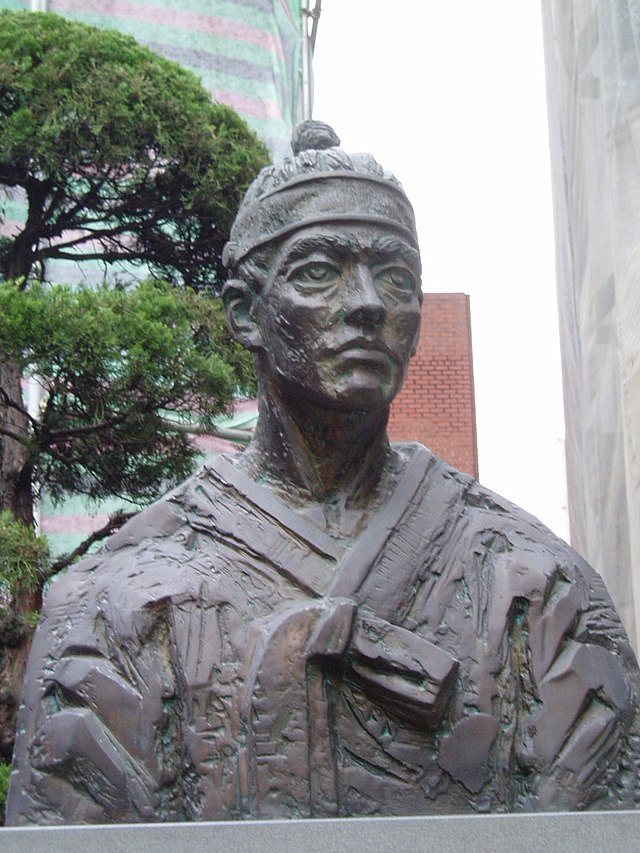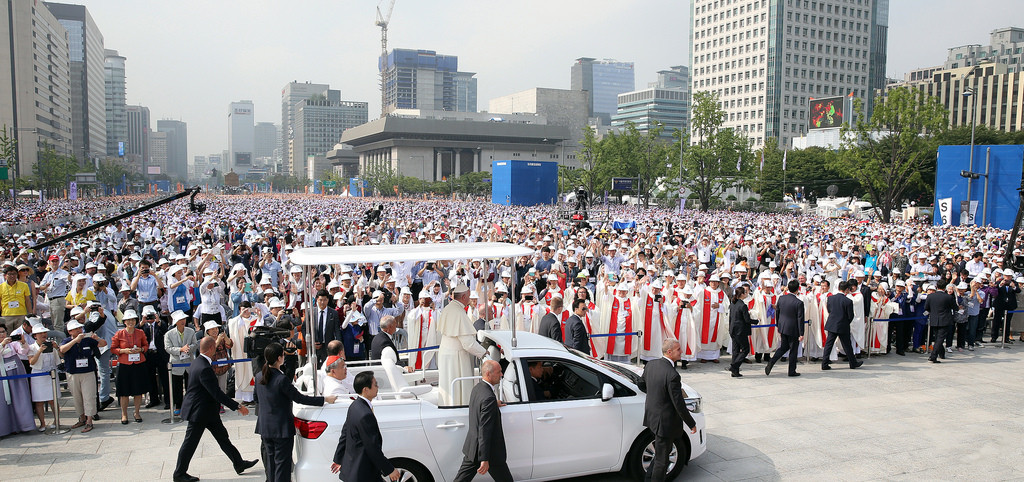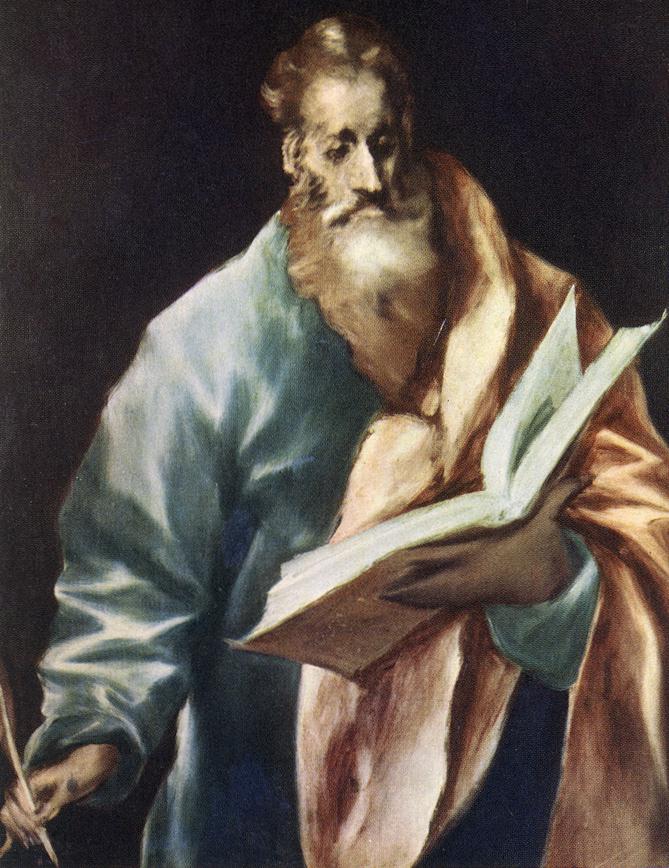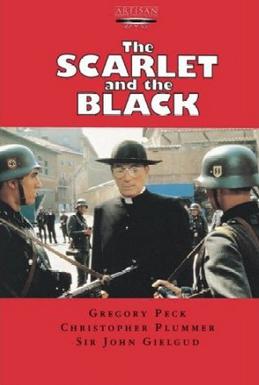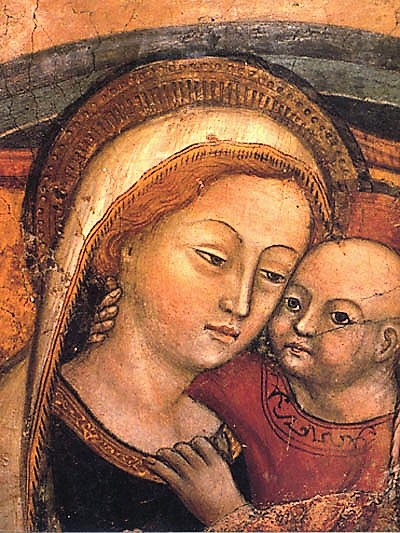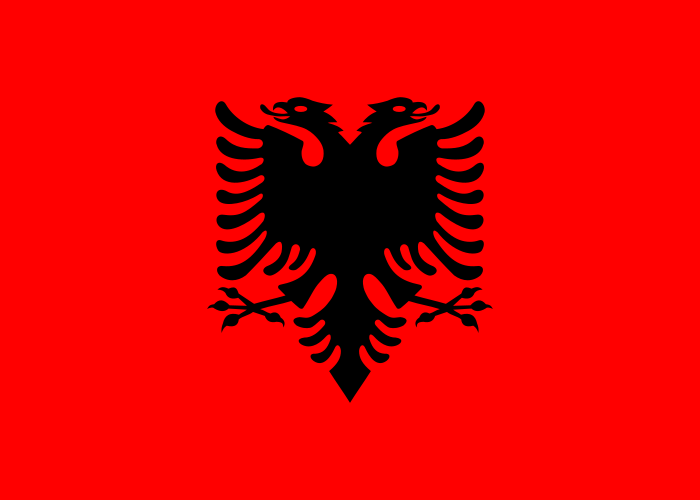The Virgin of the Grapes, Pierre Mignard [Web Gallery of Art]
Readings
(New American Bible:
Philippines, USA)
Readings
(Jerusalem Bible: Australia,
England & Wales, India [optional], Ireland, New Zealand, Pakistan,
Scotland, South Africa)
Gospel Matthew 21:33-43 (New Revised Standard Version, Anglicised CatholicEdition)
Jesus said to the chief priests and elders of the
people:
‘Listen to another parable. There
was a landowner who planted a vineyard, put a fence around it, dug a wine press
in it, and built a watch-tower. Then he leased it to tenants and went to
another country. When the harvest time had come, he sent his slaves to the
tenants to collect his produce. But the tenants seized
his slaves and beat one, killed another, and stoned another. Again he sent other slaves, more than the first; and they
treated them in the same way. Finally he sent his
son to them, saying, “They will respect my son.” But when the tenants saw the son, they said to themselves,
“This is the heir; come, let us kill him and get his inheritance.” So they seized him, threw him out of the vineyard, and
killed him. Now when the owner of the vineyard comes, what will he do
to those tenants?’ They said to him, ‘He will put those wretches to a
miserable death, and lease the vineyard to other tenants who will give him the
produce at the harvest time.’
Jesus
said to them, ‘Have you never read in the scriptures:
“The stone that the builders
rejected
has become the cornerstone;
this was the Lord’s doing,
and it is amazing in our eyes”?
has become the cornerstone;
this was the Lord’s doing,
and it is amazing in our eyes”?
Therefore I tell you, the kingdom of
God will be taken away from you and given to a people that produces the fruits
of the kingdom.
First Reading, Isaiah 5:1-7 [English Standard Version]
The young Fr Edward Galvin in China
Just over a century ago the young Fr
Edward Galvin of the Diocese of Cork, Ireland, was sent by his bishop to work
for some years in the Diocese of Brooklyn, New York, because he had no place to
put him. This was common at the time and many young Irish diocesan priests
spent their early years on loan to English-speaking dioceses in other
countries. While in Brooklyn Father Galvin found himself answering God's call
to go to China. This was to lead eventually to the formal founding of the
Missionary Society of St Columban, to which I belong, in 1918 with Fr Galvin
and Fr John Blowick, another young Irish diocesan priest, as the co-founders.
Later Fr Galvin became Bishop of Hanyang, China, and was expelled by the
Communist authorities.
When I was growing up in Ireland people
who were critical of the Church, sometimes with good reason, often used the
term 'priest-ridden' to describe the country. Today there are parishes without
priests and the average age of priests is, according to reports, approaching 70. In twenty years or so it
could well happen that priests will be a relative rarity in the country.
When I was young almost every Catholic
in Ireland went to Sunday Mass and the seminaries were full. Today only a
minority take part in Sunday Mass, the seminaries have nearly all closed and
only a handful of young men are preparing for ordination in the two or three
that still remain open. More and more young people are choosing not to get
married and not to have their children baptised.
In 1961, the year I entered the
seminary, Ireland celebrated the 1,500th anniversary of the death of St
Patrick, the Apostle of Ireland. Very few could have foreseen the falling away,
not only from the Church, but from the Christian faith, within two generations.
St Paul tells us in the Second Reading
today: Do not worry about anything, but in everything by prayer and
supplication with thanksgiving let your requests be made known to God.
I sometimes get disheartened at the
situation of the Church in my native land and in other Western countries. The
First Reading and the Gospel remind us that many have rejected God's love,
God's gift, especially the gift of faith. Through the Prophet Isaiah God
poignantly asks, What more was there to do for my vineyard that
I have not done in it? When I expected it to yield grapes, why did it
yield wild grapes?
St Andrew Kim Tae-gon
Myeongdong Cathedral, Seoul [Wikipedia]
But in the readings the Lord is
really asking us to see what he has given us, to treasure it and to pass it
on. In his homily at the beatification of 124 martyrs in
Korea on 16 August 2014 Pope Francis said: The victory of the martyrs, their
witness to the power of God’s love, continues to bear fruit today in Korea, in
the Church which received growth from their sacrifice. Our celebration of
Blessed Paul and Companions provides us with the opportunity to return to the
first moments, the infancy as it were, of the Church in Korea. It invites you,
the Catholics of Korea, to remember the great things which God has wrought in
this land and to treasure the legacy of faith and charity entrusted to you by
your forebears.
The following day in the opening sentence in his homily at the
concluding Mass of Asian Youth Day Pope Francis said, The glory of the
martyrs shines upon you! These words – a part of the theme of the Sixth
Asian Youth Day – console and strengthen us all. Young people of Asia: you are
the heirs of a great testimony, a precious witness to Christ.
The Pope was reminding the young
people, and all of us, of the legacy of the Christian faith that we have
received.
Beatifications, Seoul [Wikipedia]
The Bishop of Rome touched on this
again on 21 September 2014 when he celebrated Mass in Mother Teresa Square, Tirana,
very conscious of the persecution that had ended less than 30 years ago. He concluded his homily with these stirring words: To the Church which
is alive in this land of Albania, I say 'thank you' for the example of fidelity
to the Gospel. Do not forget the nest, your long history, or your trials. Do
not forget the wounds, but also do not be vengeful. Go forward to work with hope
for a great future. So many of the sons and daughters of Albania have suffered,
even to the point of sacrificing their lives. May their witness sustain your
steps today and tomorrow as you journey along the way of love, of freedom, of
justice and, above all, of peace. So may it be.
The Lord is calling each of us today
to look back with gratitude for the gift of faith we have received individually
and as community so that we can live that faith fully in the present as we move
in hope and love into the future.
But the readings also remind us of
the reality that the precious gift of the Christian faith has been lost, not
only by individuals but in large areas of the world such as North Africa not
that long after the time of such giants as St Augustine.






